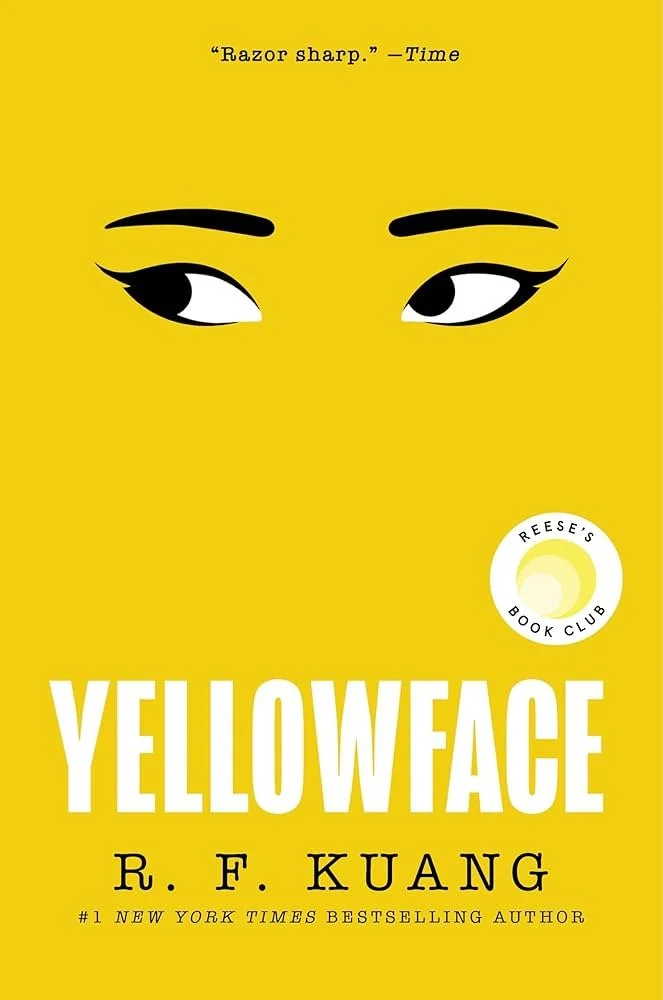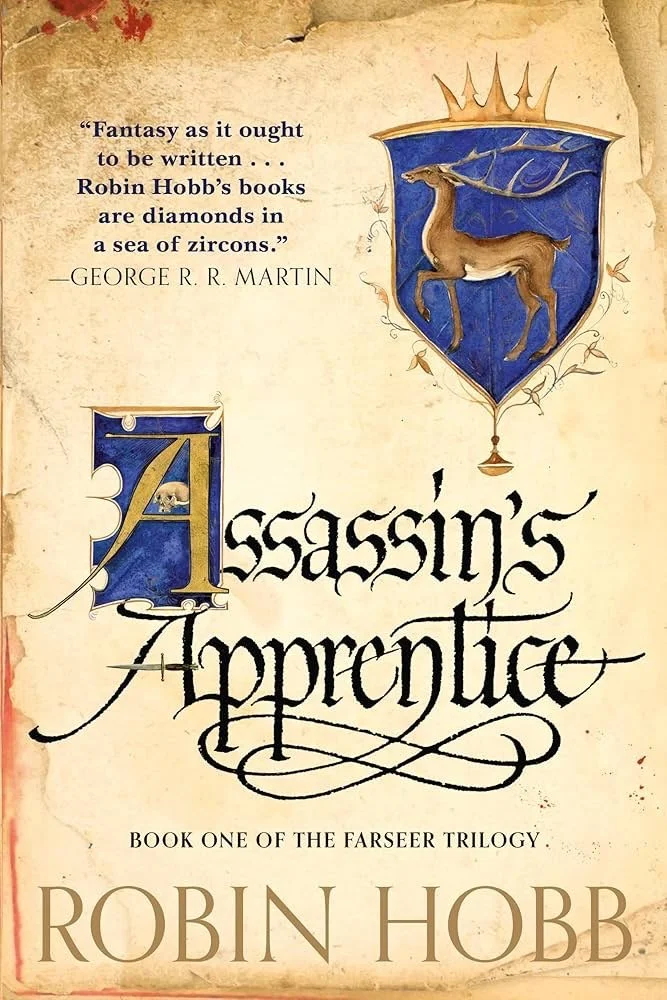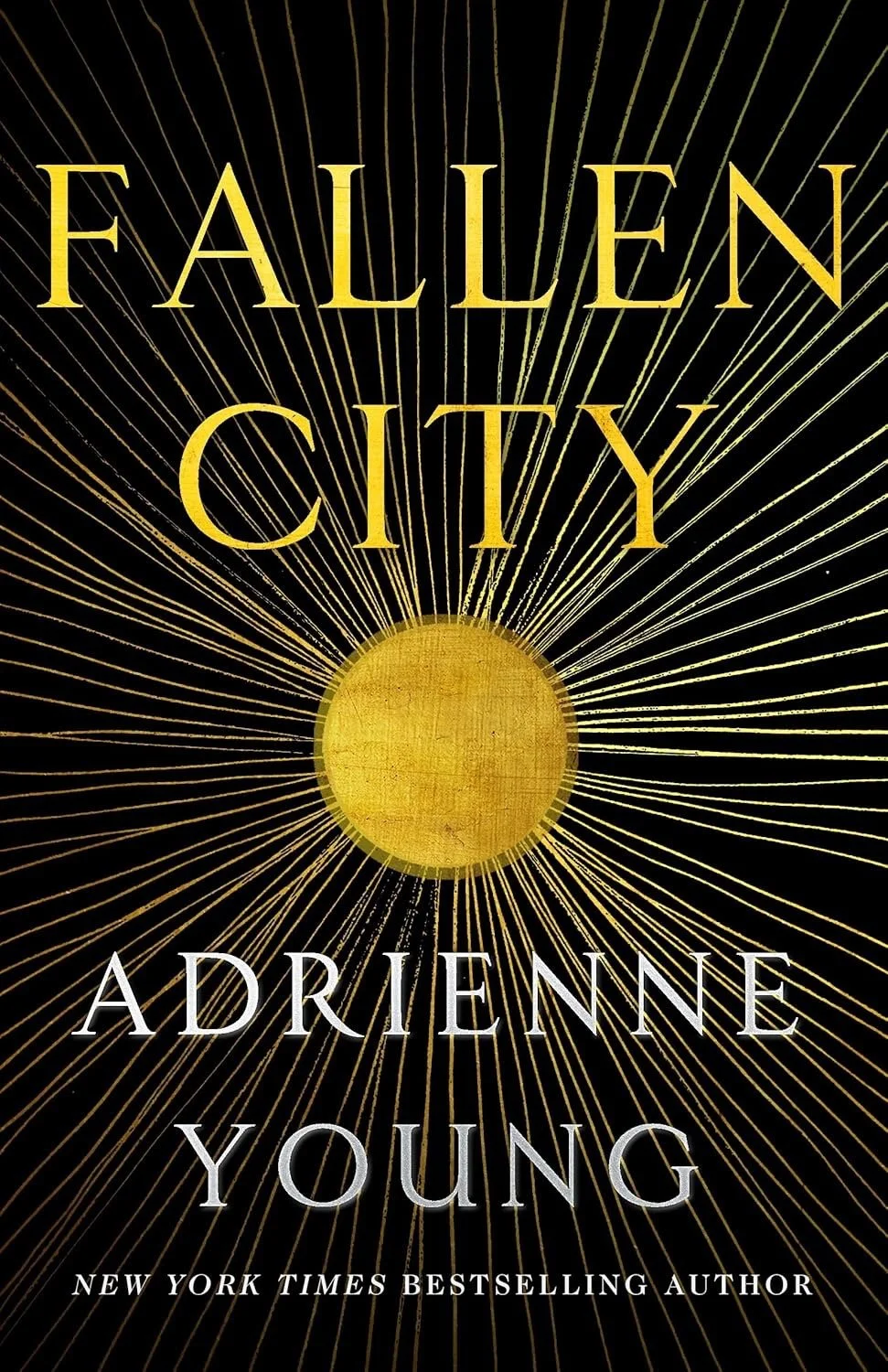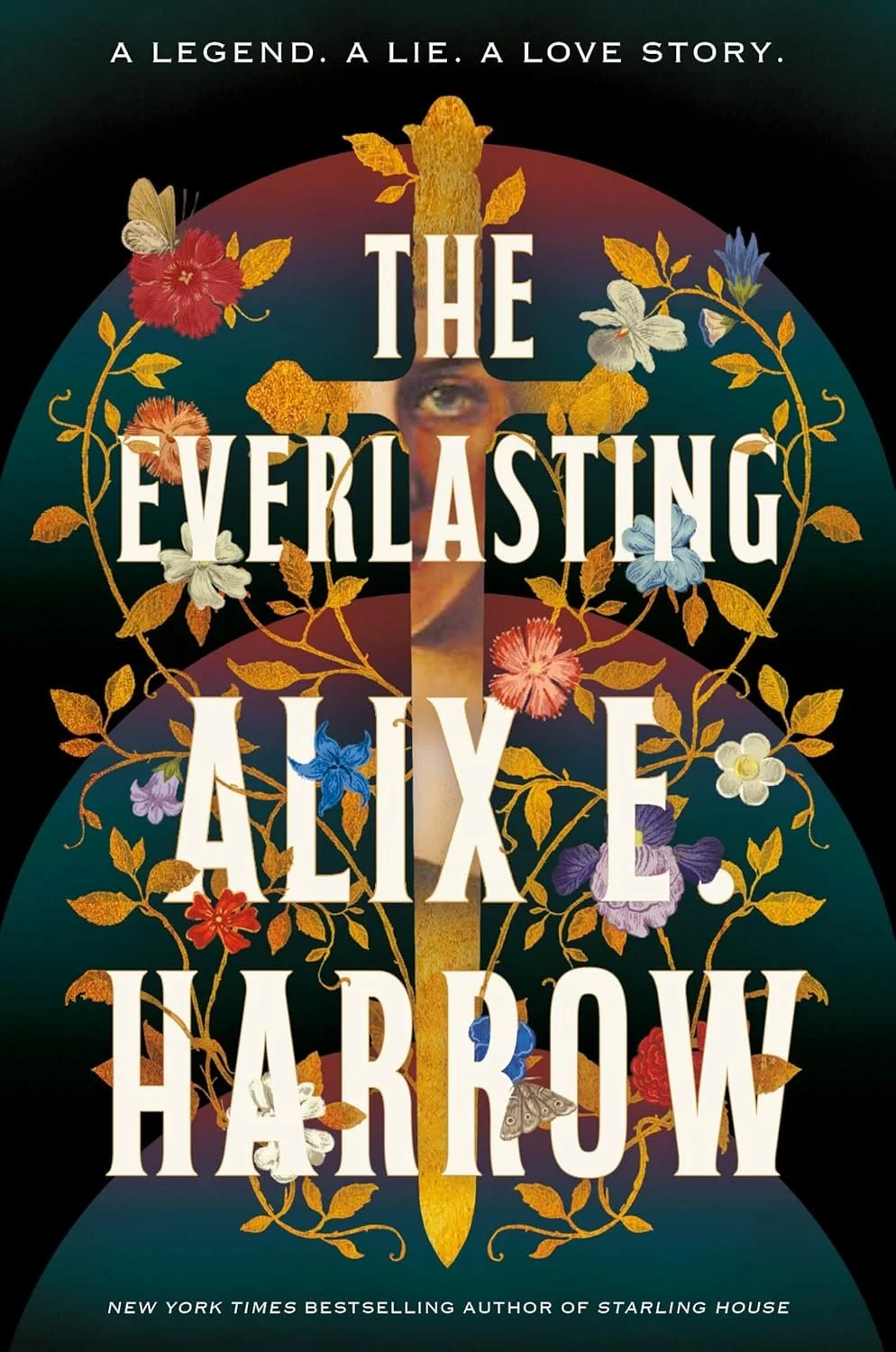Yellowface — Book Review and Content Warnings
Author: R.F. Kuang
Genre: Contemporary literature, satire
Series: Standalone
Age Rating: Adult
Synopsis
June Hayward and Athena Liu are Yale friends who diverge in their post-graduate pursuits: Athena becomes a literary sensation, while June publishes a lone flop. When Athena dies in a tragic accident, June steals Athena’s just-finished magnum opus and publishes it herself. How far will June go to appropriate Athena’s masterpiece and claim her accolades, especially once evidence against her begins to pile up?
Content Warnings
General Rating: Adult (18A / R / TV-MA)
Spice Rating: Moderate—descriptions of non-consensual rape
Violence Rating: Severe—bullying, racism, cultural microaggressions, sexual harassment, cyberbullying and harassment
Profanity Rating: Severe—90 uses of f*ck
Other Trigger Warnings: racial slurs, suicidal thoughts, death of parent, multigenerational trauma
Overall Rating: 5/5
Yellowface is marketed as “chilling and hilariously cutting.” While “hilarious” is not a word I would use to describe it, I am chilled and cut to the bone by Kuang’s sharp prose and critique of the American publishing system, racism, especially toward Asian Americans, cancel culture, and social media toxicity. It was brilliant, though I must wonder at Kuang’s general psychological state. She writes unlikable, toxic characters so well.
What I Liked
The critiques: Kuang delivers in her usual blunt-force, direct tone. While her prose is decidedly different than The Poppy War or Babel, she still aims each blow carefully and executes it precisely.
”Publishing picks a winner—someone attractive enough, someone cool and young and, oh, we’re all thinking it, let’s just say it, “diverse” enough—and lavishes all its money and resources on them.”Unreliable and unlikable narrator: You’re not supposed to like June or Athena. Kuang excels at writing unlikable characters, and yet somehow causes the reader to empathize or at least understand the nature of their toxic actions. Plucked from the context, June’s actions are horrific and unethical, but within the story? Well, they make perfect sense for her character, ambitions, dreams, and fears.
“I KNOW WHAT YOU’RE THINKING. THIEF. PLAGIARIZER. AND PERHAPS, because all bad things must be racially motivated, Racist.”
What I Didn’t Like
Author’s autobiography: Kuang might deny it (or not), but there is a sense that she is writing from her own publishing experiences, the critiques leveraged against her following The Poppy War and Babel, and her experiences as a minority Asian American woman. In some ways, I didn’t mind; it offers her perspective wrought from real-life experiences. In other ways, it felt shrill, like a streetside preacher who uses his soapbox and megaphone to loudly proclaim his hellfire message so that the passersby really can’t miss it, or if they do, they are doomed to hell.
Themes and Reflections
Racism and microaggressions: The book’s full of them. June’s name is changed to sound more Asian. Her author photo is doctored ever so slightly to show her more tanned than she is. Her pompous white woman supremacy rings clear as she seeks to maintain her status and power by any means possible.
“I sometimes wonder how my work would be received if I pretended to be a man, or a white woman. The text could be exactly the same, but one might be a critical bomb and the other a resounding success. Why is that?”
Critique of the publishing industry: Publishers buy what sells. It’s a money game at its core, which is all the more tragic because writers are artists, not manufacturers. Kuang is blunt about what sells right now—diversity. The more non-white, the better. And then she captures the white narrator’s frustration with this pigeonholing just as well as the painstaking efforts of minority writers seeking publication in diverse genres.
“And I wonder if that’s the final, obscure part of how publishing works: if the books that become big do so because at some point everyone decided, for no good reason at all, that this would be the title of the moment.”
Plagiarism: Ideas are the property of their creator, as well as the texts and images that accompany them. Protection of creative rights is an important topic in a highly digital and cyberspace age. The topic is dealt with satirically, so much so that the reader is left scoffing at bits where plagiarism is accused. Surely, on those grounds, nothing original or creative would ever exist because we all copy ideas and stories from one another. What about the myriad fairytale retellings or Jane Austen adaptations in modern literature? Thus, the question is posed: What constitutes plagiarism?
I’d seen Athena steal before. She probably didn’t even think of it as theft. The way she described it, this process wasn’t exploitative, but something mythical and profound.
The dumpster fire that is Twitter and social media: Writers rely heavily on social media to promote their work. Kuang exposes the dark trap that it is; it makes no one happy and results in perpetual cycles of greedy gossip and slander.
“Such is the nature of a Twitter dustup. Allegations get flung left and right, everyone’s reputations are torn down, and when the dust clears, everything remains exactly as it was.”
Writing Style
Fast-paced, sharp, and cutting, Kuang delivers an entirely different genre than her previous works, but with just as much force and directness as seen previously. Certainly, a critique might be made that Kuang inserts herself into the narrative. It’s difficult not to see the parallels between Athena Liu’s work in narrative Chinese history and Kuang’s own in The Poppy War, especially as Athena is critiqued as writing on behalf of the Chinese diaspora while holding only loosely to her own Chinese heritage. I’ve read the very same critique of Kuang on Goodreads (ahem, plagiarism??), and Yellowface obliquely manages these criticisms.
Tropes
Price of fame
Stolen identity
White savior
Unreliable narrator
Descent into madness
Books Like This
The Plot by Jean Hanff Korelitz
The Other Black Girl by Zakiya Dalila Harris
Disorientation by Elaine Hsieh Chou
Publisher Info
Publisher: The Borough Press
Release Date: May 25, 2023






Book review with content and trigger warnings for Among the Burning Flowers by Samantha Shannon